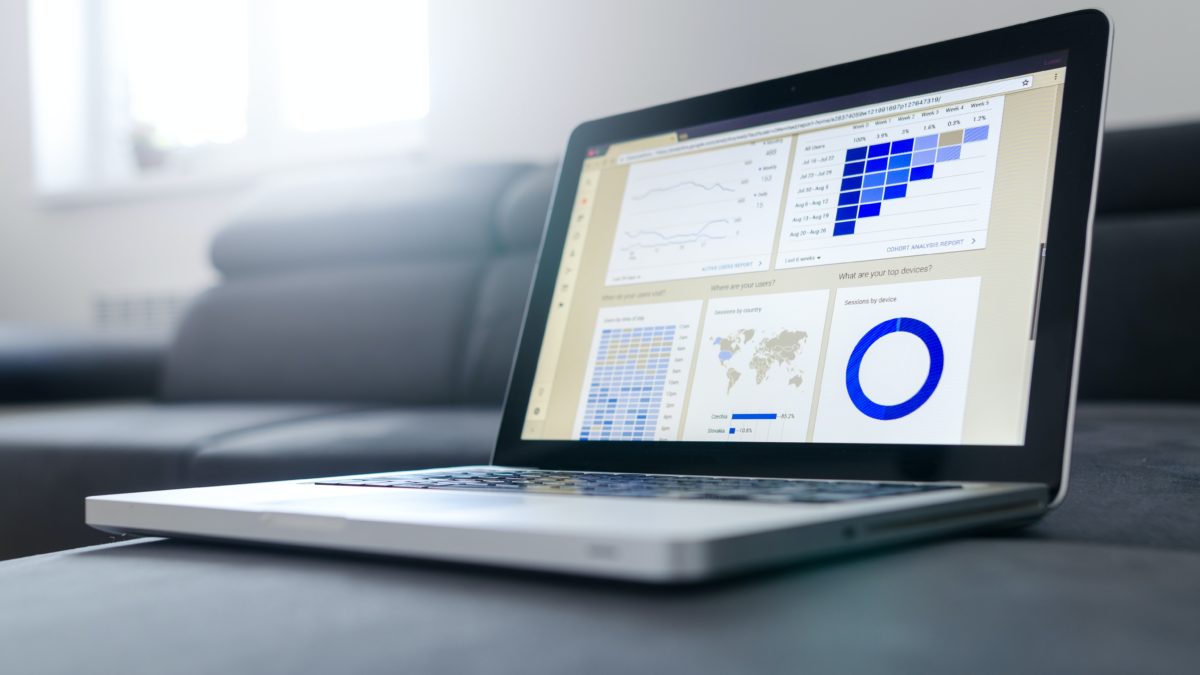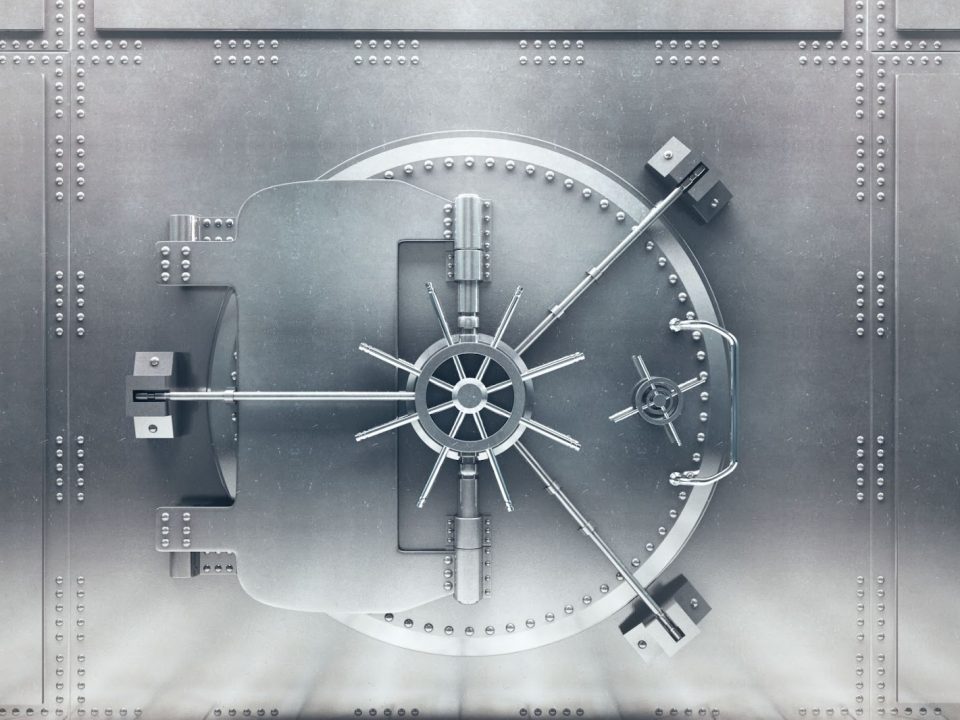Beehive is Teaching Money Management Skills in the Community and Schools
CEO Report
Creating and following a budget can feel like a lofty goal reserved for people who are in complete control of every aspect of their lives. But what are the rest of us supposed to do? In this month’s video, Megan addresses how we should start a budget and what questions to focus on to help bring your financial fitness into shape.
- Understand your financial priorities
- Have a plan that works for you. The best financial plans are the ones that align your priorities with your spending habits.
- View your budget or spending plan in a positive light.




